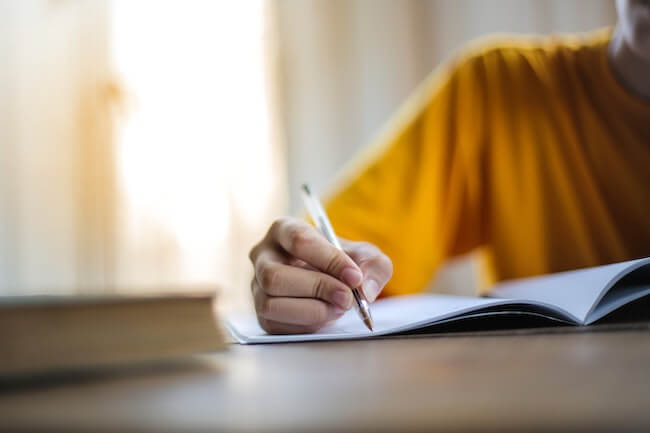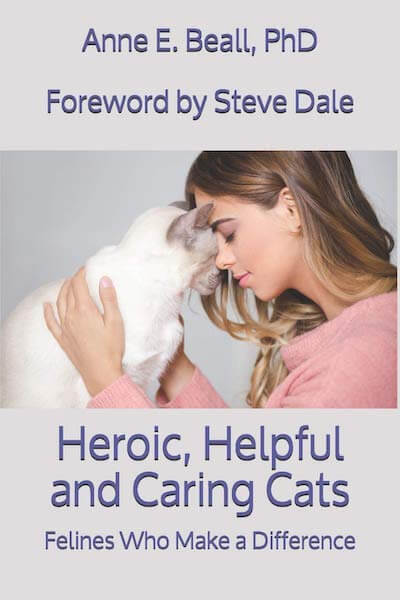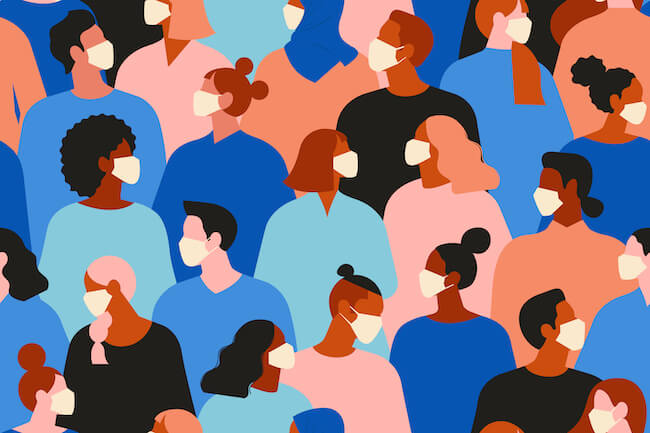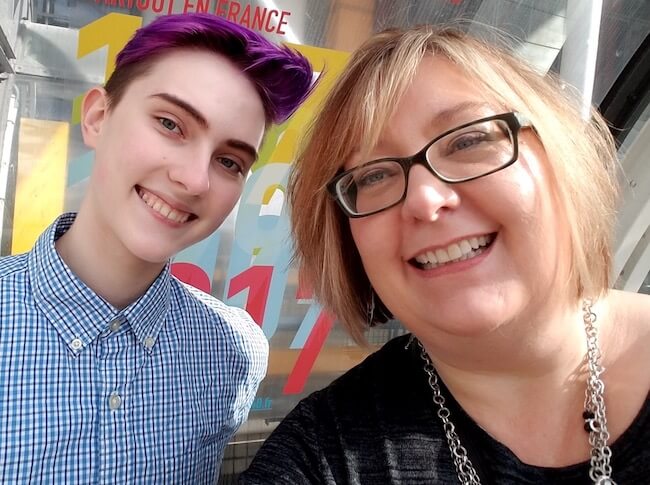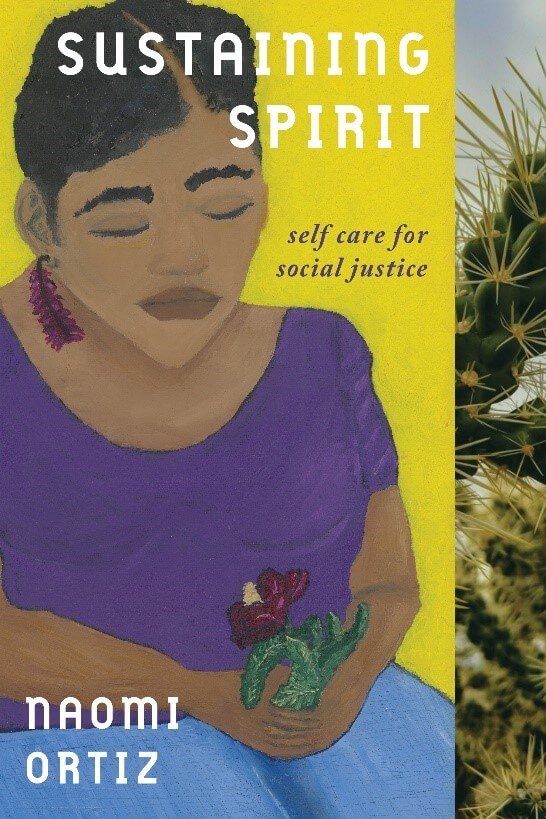
By Natalie Watkins
A few years ago, author and activist Naomi Ortiz found herself wondering why there were so few elders engaged in social justice work. After some digging around, she discovered that many encountered “hard barriers,” and that the model of self-sacrifice for a collective cause was not mentally sustainable longterm. As a result, Ortiz researched self-help strategies — reading a wealth of literature in the field of self-care and self-help. Alas, she discovered that Continue reading “Disabled Author Naomi Ortiz Shares Self-Care Tips for Activists and Writers”

